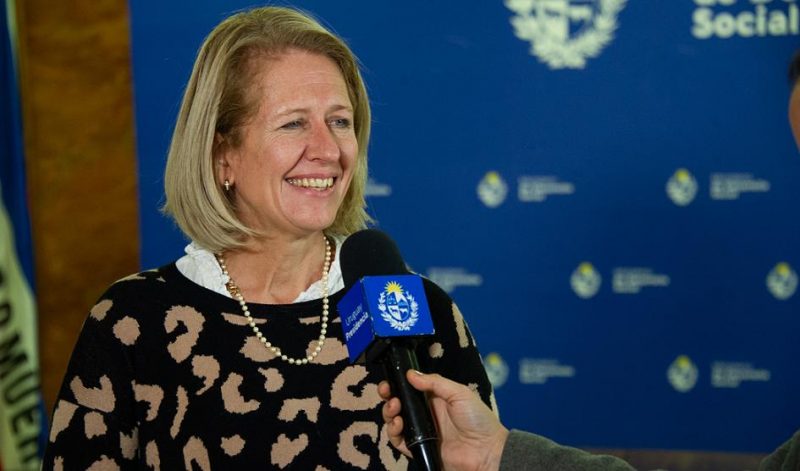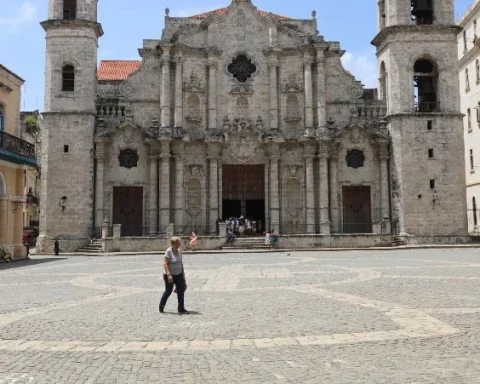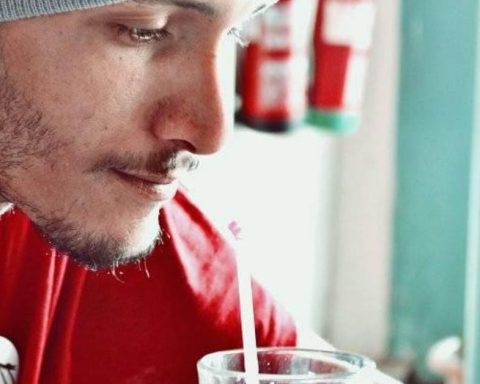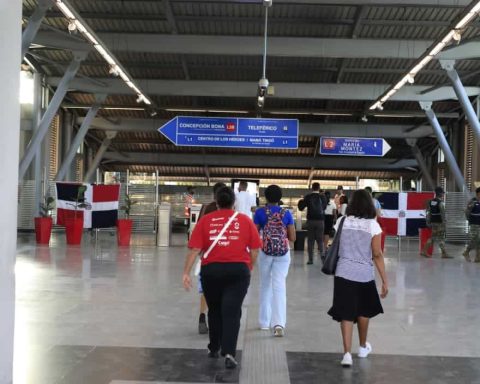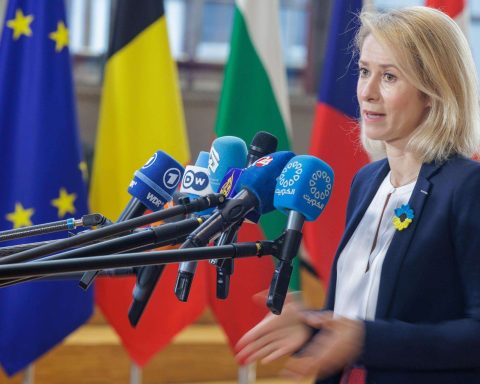The National Directorate of Social Protection, together with the Division for the Coordination of Programs for People in a Street Situation, generated changes in the care model for this vulnerable population, by incorporating strategies focused on housing. The Supported Housing program received technical assistance from the EUROsociAL+ initiative. Currently, 269 beneficiaries participate, with a retention rate of 79%.
This Tuesday 28, the national director of Social Protection of the Ministry of Social Development (Mides), Fernanda Auersperg, indicated that the policy implies prioritizing people and housing, as well as working on the context of each one of them.
Since its implementation, in March 2021, 303 people have benefited, of which 269 are still supported by the program, which works with a retention rate of 79%. The hierarch considered this figure to be very important, compared to international parameters for this model.
Regarding the results, he highlighted the autonomy and the feeling of belonging that the participants achieve. “The focus is on each one of the people and their situation, and based on that are the supports that are provided,” he said.
He added that the beneficiaries are promoted by programs to reverse the street situation, a circumstance that they were unable to overcome by their own means. “The fundamental objective is to diversify tools,” he stressed.
According to Auersperg, the problem is multicausal and, therefore, the solutions must be comprehensive. “By providing housing, we make it possible for the person to live more with dignity,” she said.
The support of the Eurosocial program provided technical assistance from the Association for Residential and Social Inclusion (Aires) of Spain, in order to incorporate the approach Housing First in the care model, adapted to the Uruguayan reality.
As explained by Carmen Belchí and Ania Pérez, members of EUROsociAL+, a methodological manual and a toolbox were drawn up in order to guide the daily work of the direct management technical teams of the Supported Housing Programme.
They especially valued the work of Mides and highlighted that the retention rate in the first year of operation showed a great result, if one takes into account that in Europe it is close to 80%. “For a first year, it is a great result (…) This is a path that Mides has just started, but that will establish itself as predominant in Uruguay, surely,” said Pérez.
The Housing with Support program provides long-term accommodation in independent housing to those who do not have a home, are covered by one of the plans of the Social Protection Directorate and are unable to afford another housing alternative.
Through accommodation in a house, with long-stay criteria, it helps to facilitate social and labor insertion, reduces the uncertainty of the participants and allows them greater control in the decisions that affect their lives.
